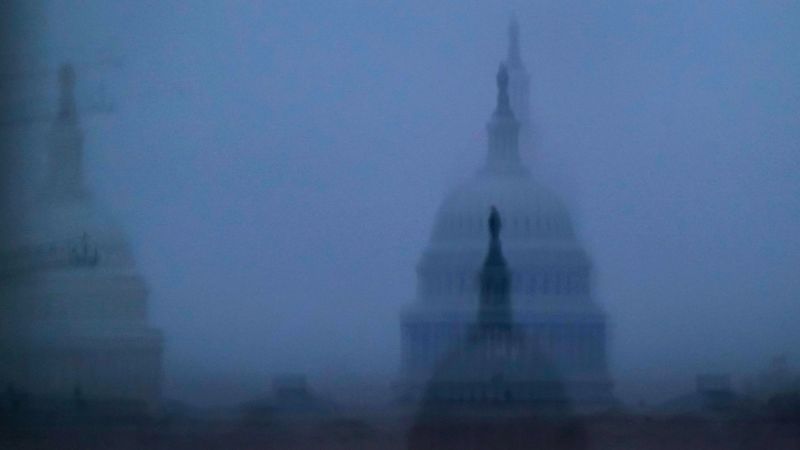Copyright independent

Many people on benefits are still likely to struggle with the costs of basic essentials despite an above-inflation rise from April next year, experts have warned. The September inflation rate, announced on Wednesday, is typically used to decide the level of increase for many benefits, such as universal credit (UC), tax credits and disability benefits. UC – a payment to help with living costs for people on low incomes or those who are out of work or who cannot work – will see a 2.3% rise in the standard allowance rate from next April under the the Universal Credit Act 2025 which was introduced to Parliament last month. After applying September’s inflation rate of 3.8%, this will mean a total uplift in the standard UC rate of around 6.2% next year. But the Joseph Rowntree Foundation (JRF), which works on tackling poverty, said its calculations suggest the basic rate of benefits – known as the standard allowance – “bears no relationship to the cost of essentials”, meaning many will still face a substantial gap in the amount they get in benefits and the cost of a basic basket of essentials. It said the latest figures mean that in cash terms the UC standard allowance – the basic monthly amount of UC a person receives – is set to rise from £92 to £98 per week for singles and from £145 to £154 per week for couples. JRF has calculated that in order to be able to afford essentials, a single person currently needs at least £120 a week and a couple needs at least £205. This will mean singles are still likely to face an annual gap of at least £1,000 for singles, while for couples it will be around £2,500, JRF added. Other benefits, including the child element of UC and disability benefits are likely to be limited to a 3.8% rise in line with inflation, JRF said. Benefit upratings are usually formally confirmed by Government around the time of the Budget next month. Chris Belfield, chief economist at JRF, said: “The majority of people on Universal Credit cannot afford essentials like food, heating and basic toiletries. “That will remain the case despite an increase of around 6.2% to the standard allowance in Universal Credit, which still leaves a single adult with only £98 per week. “It’s not enough to tweak the system each year if the result is still far from a level people should be able to expect if they need support in hard times. The standard allowance, the basic rate that people on Universal Credit receive, should enable people to afford life’s essentials. But it has never reflected what those essentials actually cost.” His colleague Iain Porter, a senior policy adviser at JRF, said: “Instead of simply uprating last year’s arbitrary amount each year, we need an independent process to recommend rates that reflect what people need to at least afford essentials. “This would significantly strengthen our benefits system’s ability to protect people from hardship when they fall on hard times.” The Turn2us charity, which supports people facing financial insecurity, said high rents, energy and childcare costs still posed a challenge for many. Anna Stevenson, a benefits expert at the charity said while raising the UC standard allowance above inflation is “a step in the right direction”, it follows “decades of erosion” and support “remains at one of its lowest ever levels in real terms and as a proportion of average earnings”. She said: “Many households will still struggle to meet basic costs because rents, childcare and energy have risen far faster. “Rent is one of the biggest pressures on people’s incomes, yet help with private rent has been frozen. “Around 40% of the people using our benefits calculator say they can’t afford food, and more than 600,000 households on transitional protection won’t see any increase at all because their payments are frozen in cash terms. “That’s why we’re supporting the Joseph Rowntree Foundation and Trussell Trust’s proposal for an Essentials Guarantee, which would set a legal minimum so Universal Credit always covers life’s basics like food, heating and rent. “Without that, people will continue to fall further behind even when benefits rise on paper.” A spokesperson for the Department of Work and Pensions said: “We’re shifting our focus from welfare to work, skills, and opportunities, so more people can move out of poverty and into good, secure jobs as part of our Plan for Change. “We’re also sustaining the main rate of Universal Credit above inflation for the first time and rebalancing the benefit’s rates to reduce the perverse incentives that encourage ill health.”



